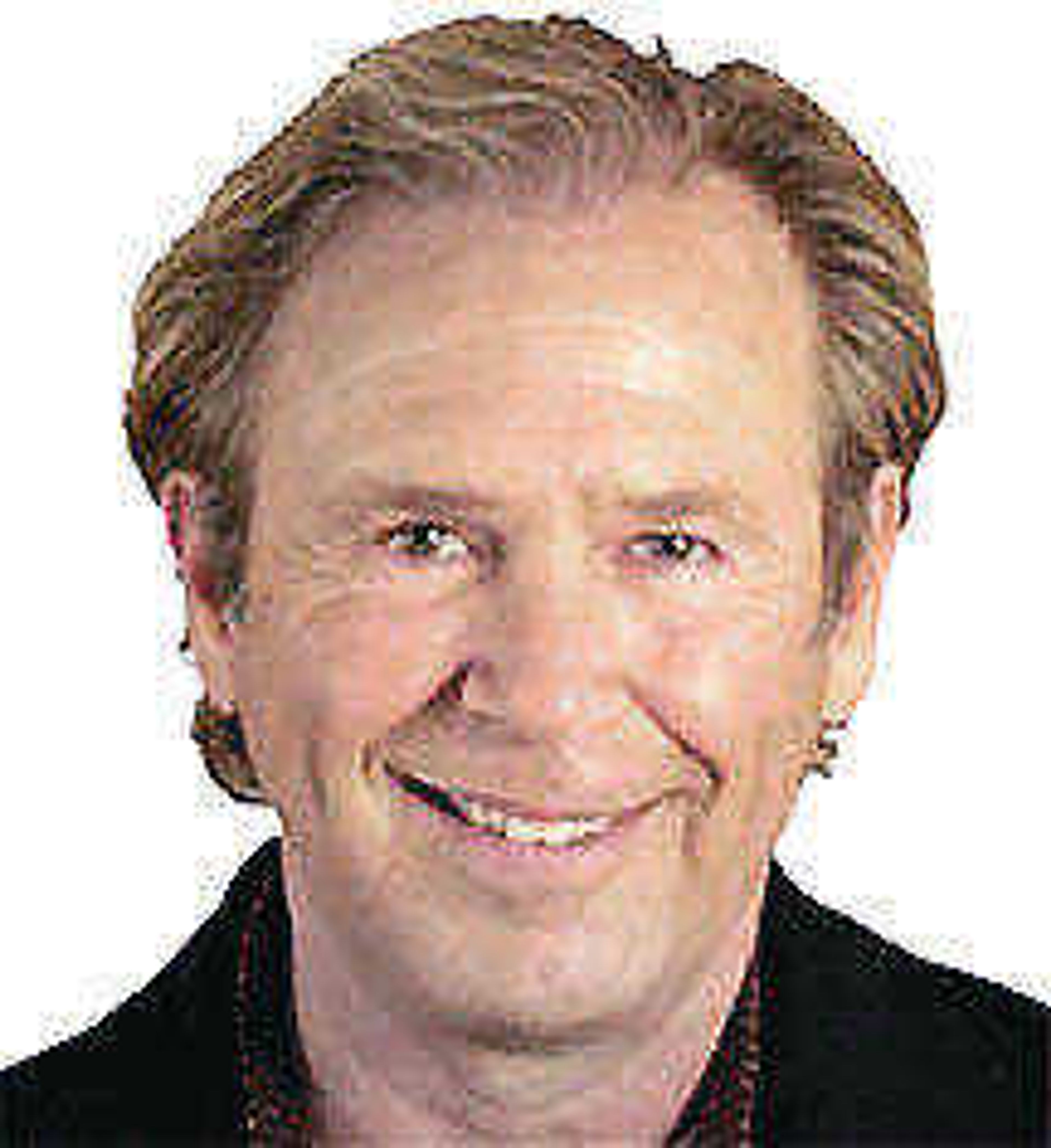Attitudes and aging, part two: Generativity
If Erik Erikson is correct, then my famously self-absorbed generation is facing a big challenge. Erikson is the classic psychologist who originated the theory about psychosocial development throughout the life span. According to him, middle age (40 to 65) is a time in life in which we are vulnerable to becoming stagnant. At this stage, we are presented with a choice -- for some, a crisis -- where we must choose between stagnation or the attitude of generativity...
If Erik Erikson is correct, then my famously self-absorbed generation is facing a big challenge.
Erikson is the classic psychologist who originated the theory about psychosocial development throughout the life span. According to him, middle age (40 to 65) is a time in life in which we are vulnerable to becoming stagnant. At this stage, we are presented with a choice -- for some, a crisis -- where we must choose between stagnation or the attitude of generativity.
I think we all know what stagnation is, but what is "generativity"? It can be defined as "a concern for people besides self and family that usually develops during middle age; a need to extend oneself through activities that contribute to future generations."
Parenting is one of the most immediate and direct ways many are generative. But Erikson's concept necessitates moving beyond propagating the species to evolving the species. Caring for the environment, the social problems that fester outside our garden gates are examples. Mentoring, philanthropy, creative endeavors that expand our understanding of the human experience, all are ways to be generative.
I find Erikson's frame of the middle-aged dilemma to the point. I have written before about "middle-aged doldrums," that particular state of ennui where you find yourself unable to get off the couch and change it up, do something different and exciting in life. It's that "been there/done that" state of inertia that many in their middle years feel after they have succeeded in accomplishing their generative goals of young adulthood. Children are raised and sent out into the world. Careers were wound up and now winding down. Relationships have been resolved one way or another.
What's left? The depression of an empty nest? The listlessness of a retirement without challenge? The onset of a late-term identity crisis? Getting trapped in the terror of an endpoint looming larger in our future?
According to Erikson, "A person does best at this time to put aside thoughts of death and balance its certainty with the only happiness that is lasting: To increase, by whatever is yours to give, the goodwill and higher order in your sector of the world."
Much has been written about the baby boomer generation's collective narcissism (the "Me Generation"). Granted, a certain amount of self-absorption is required in order to navigate the often choppy waters of modern life. Yet this dedication to one's narcissistic needs can be compelling; difficult to unstick from and move forward. Materialism, the tyranny of perfection, the relentless pursuit of comfort ... the seductions are many in this souped-up world.
Eventually, these egoistic satisfactions can become hollow and stagnation will most likely result. Developing the attitude and practice of generativity can do more than anything else to alleviate this. Generativity will take us beyond our self-reflection, our short-term gains, and orient us to the long run.
What we all have to eventually learn is, as Erikson famously said: "I am what survives me."
It all sounds good, doesn't it? Mentoring a young adult into maturity, funding a scholarship, reading stories of redemption to young children, painting a sunset. This kind of generativity requires an ecological attitude: an ability to see how we are all interconnected, how helping a homeless family find dignity in self-reliance can insure a future for us all.
In this regard, generativity is the ultimate in recycling.
Dr. Michael O.L. Seabaugh, a Cape Girardeau native, is a clinical psychologist who lives and works in Santa Barbara, Calif. Contact him at mseabaugh@semissourian.com.
This thought is beautifully expressed in a poem from Theravada Buddhism, titled "What Isn't Given Is Lost."
"So when the world is on fire with aging and death, one should salvage (one's wealth) by giving: What's given is well salvaged. What's given bears fruit as pleasure. What isn't given does not: Thieves take it away, or kings; it gets burnt by fire or lost."
Dr. Michael O.L. Seabaugh, a Cape Girardeau native, is a clinical psychologist who lives and works in Santa Barbara, Calif. Contact him at mseabaugh@semissourian.com.
Connect with the Southeast Missourian Newsroom:
For corrections to this story or other insights for the editor, click here. To submit a letter to the editor, click here. To learn about the Southeast Missourian’s AI Policy, click here.









